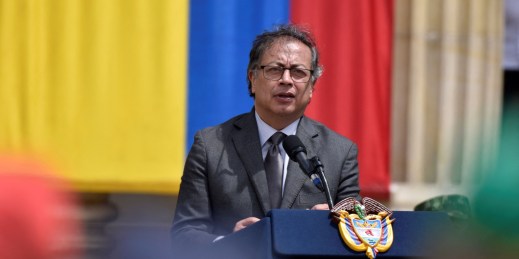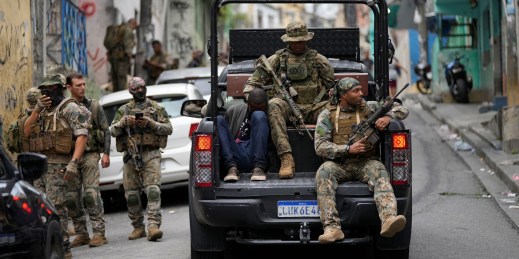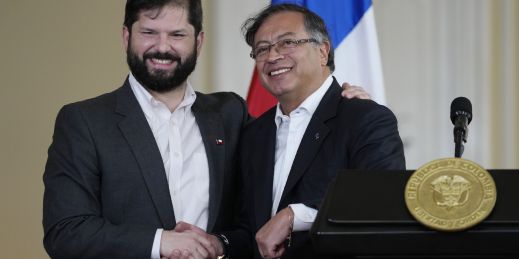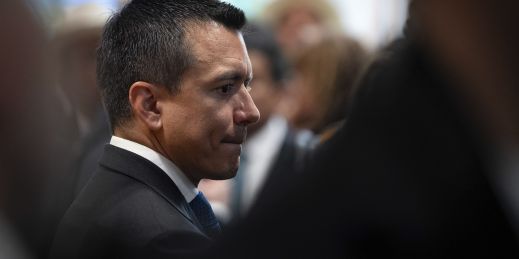
Last week, Colombian President Gustavo Petro threatened to call for a constitutional convention, reopened peace talks with a notorious criminal group and canceled a cease-fire with a dissident FARC faction. Announcements like these would normally create months’ worth of media coverage. Under Petro, they have become almost uneventful.



